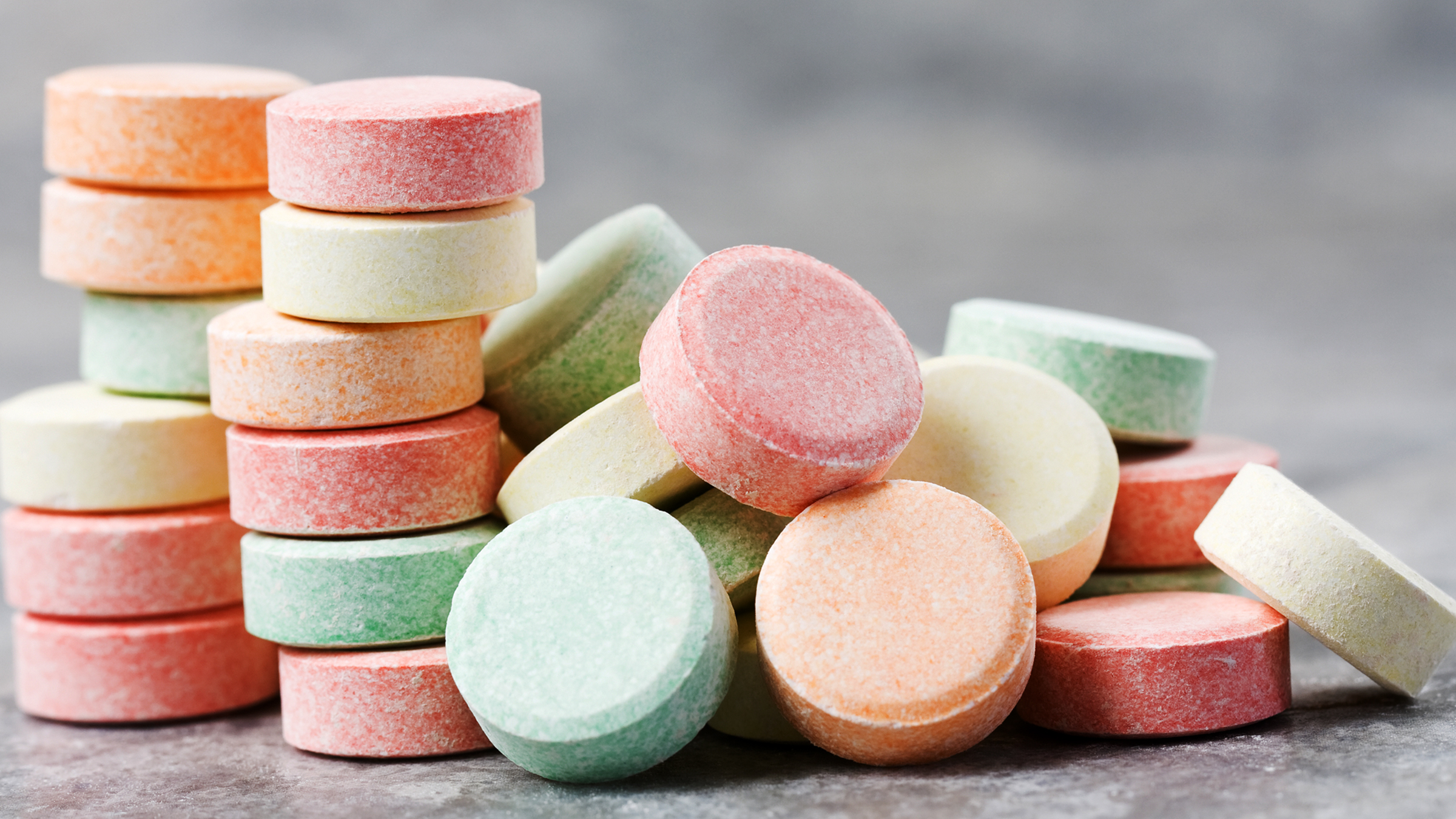Do Tums Help Hangovers? A Look at the Evidence
The morning after a night of celebratory cocktails or perhaps a few too many beers can be brutal. That pounding headache, nausea, and overall feeling of malaise – the dreaded hangover. Many swear by various remedies, and among them is the humble antacid, Tums. But do Tums actually help hangovers? Let's delve into the evidence.
Understanding Hangovers: More Than Just a Headache
Before we explore the Tums question, it's crucial to understand what causes a hangover. It's not simply dehydration, although that's a significant contributor. The complex process involves a combination of factors:
- Dehydration: Alcohol is a diuretic, meaning it increases urination and leads to fluid loss.
- Acetaldehyde Toxicity: This toxic byproduct of alcohol metabolism is a major culprit behind hangover symptoms.
- Inflammation: Alcohol triggers inflammation throughout the body.
- Sleep Disruption: Alcohol initially induces sleep but later disrupts sleep cycles, leading to fatigue.
- Blood Sugar Fluctuations: Alcohol can cause blood sugar levels to drop.
Tums and Stomach Acid: A Potential Link?
Tums, primarily calcium carbonate, neutralizes stomach acid. Some believe that the acidity contributes to hangover symptoms like nausea and vomiting. Therefore, the logic suggests that reducing stomach acid with Tums might offer some relief.
However, the connection is tenuous. While heartburn and indigestion are common hangover symptoms, the evidence doesn't directly link stomach acid to the other, more prominent hangover symptoms like headache, fatigue, and cognitive impairment.
What the Research Says (or Doesn't Say)
There's limited scientific research specifically examining the effectiveness of Tums for hangovers. Most studies focus on other hangover remedies like hydration strategies or specific medications. While Tums might offer temporary relief from nausea or heartburn related to alcohol consumption, it's unlikely to significantly alleviate the core symptoms of a hangover.
Better Ways to Combat a Hangover
Instead of relying on Tums, consider these more effective strategies:
- Hydration: Drink plenty of water or electrolyte drinks before, during, and after alcohol consumption.
- Eat Before and After Drinking: Food slows down alcohol absorption.
- Moderate Alcohol Intake: The best way to avoid a hangover is to drink responsibly.
- Get Enough Sleep: Aim for a full night's rest.
- Pain Relief: Over-the-counter pain relievers like ibuprofen (Advil) or naproxen (Aleve) can help with headache pain. Note: Avoid acetaminophen (Tylenol) as it can be harmful to the liver when combined with alcohol.
The Verdict: Tums for Hangovers? Probably Not a Miracle Cure
While Tums might provide minor relief from indigestion, it's not a proven effective treatment for hangovers. Focusing on prevention and employing the strategies listed above will offer far better results in mitigating the unpleasant effects of excessive alcohol consumption. If you're struggling with frequent or severe hangovers, it's best to consult a healthcare professional.
Keywords: Tums, hangover, hangover cure, hangover remedy, antacid, calcium carbonate, alcohol, dehydration, nausea, headache, stomach acid, hangover treatment, hangover prevention, alcohol consumption, health tips
Disclaimer: This article is for informational purposes only and does not constitute medical advice. Always consult with a healthcare professional before starting any new treatment or medication.

